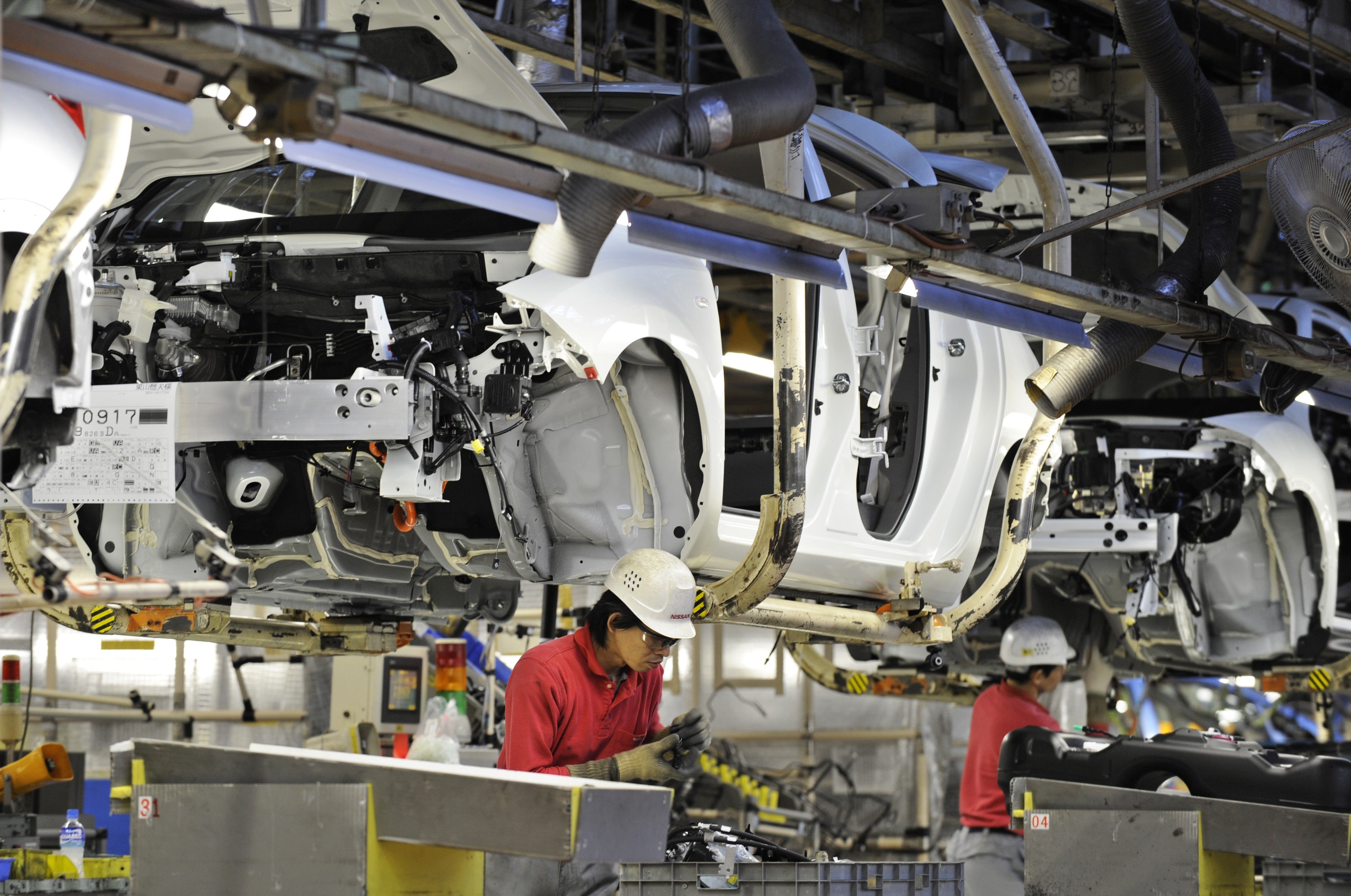UK needs battery ‘gigafactories’ for electric cars to ‘remain competitive’
Industry expert warns Nissan’s decision to move production of parts for some zero tailpipe emission cars to Sunderland does not mean similar measures will be forthcoming

Your support helps us to tell the story
From reproductive rights to climate change to Big Tech, The Independent is on the ground when the story is developing. Whether it's investigating the financials of Elon Musk's pro-Trump PAC or producing our latest documentary, 'The A Word', which shines a light on the American women fighting for reproductive rights, we know how important it is to parse out the facts from the messaging.
At such a critical moment in US history, we need reporters on the ground. Your donation allows us to keep sending journalists to speak to both sides of the story.
The Independent is trusted by Americans across the entire political spectrum. And unlike many other quality news outlets, we choose not to lock Americans out of our reporting and analysis with paywalls. We believe quality journalism should be available to everyone, paid for by those who can afford it.
Your support makes all the difference.UK car manufacturers will be uncompetitive without more post-Brexit investment in electric car battery production, peers have been told.
Alessandro Marongiu, international trade policy manager at the Society of Motor Manufacturers and Traders, said last week's decision by Nissan to move battery production of its Leaf cars to its Sunderland factory does not guarantee similar measures will be forthcoming.
He told the House of Lords' EU Goods Sub-Committee: "The fact that there was an announcement indicates how positive having a deal in place is because without the TCA (Trade and Cooperation Agreement), it would have made it far more challenging for automotive businesses to make this kind of investment.
"So it is welcome news and it goes in the right direction.
"Obviously, we should not misinterpret the announcement on a single model to mean that future investment is secure.
"We will need additional investment, for example in the production of parts that are incorporated in electric power trains, and we will need bigger investment in 'gigafactories' in the future if we want to remain competitive."
Mr Marongiu told the committee that the UK's trading terms with the EU are "a mixed bag" compared with other free trade agreements.
The "most significant achievement" is a delay in requiring electric car manufacturers to switch from sourcing battery materials mainly from Asia to the UK or EU until 2024.
This is "unprecedented", Mr Marongiu explained.
"Without these facilitations, probably most electrified vehicles would have faced tariffs despite the conclusion of the deal."
But he added that long-term rules of origin requirements for electric car batteries are "some of the toughest ever negotiated by the European Union".
PA



Join our commenting forum
Join thought-provoking conversations, follow other Independent readers and see their replies
Comments